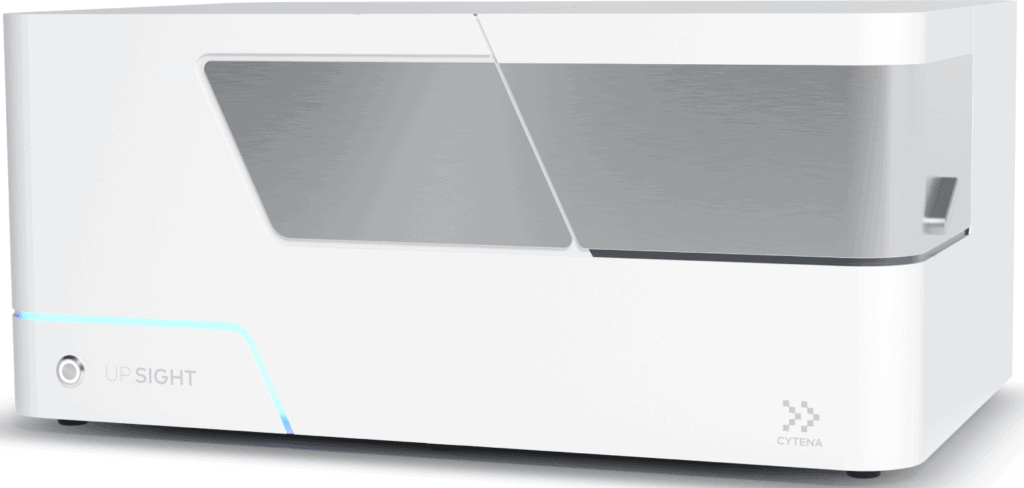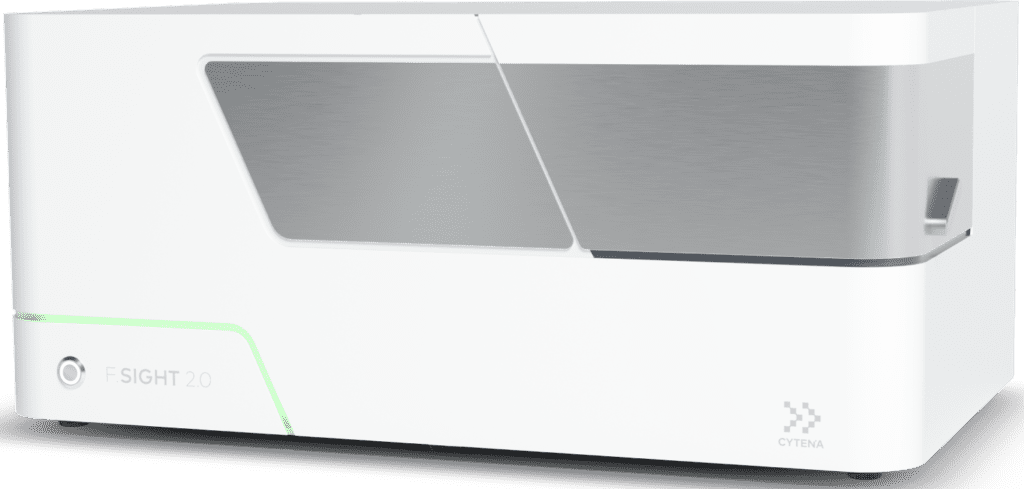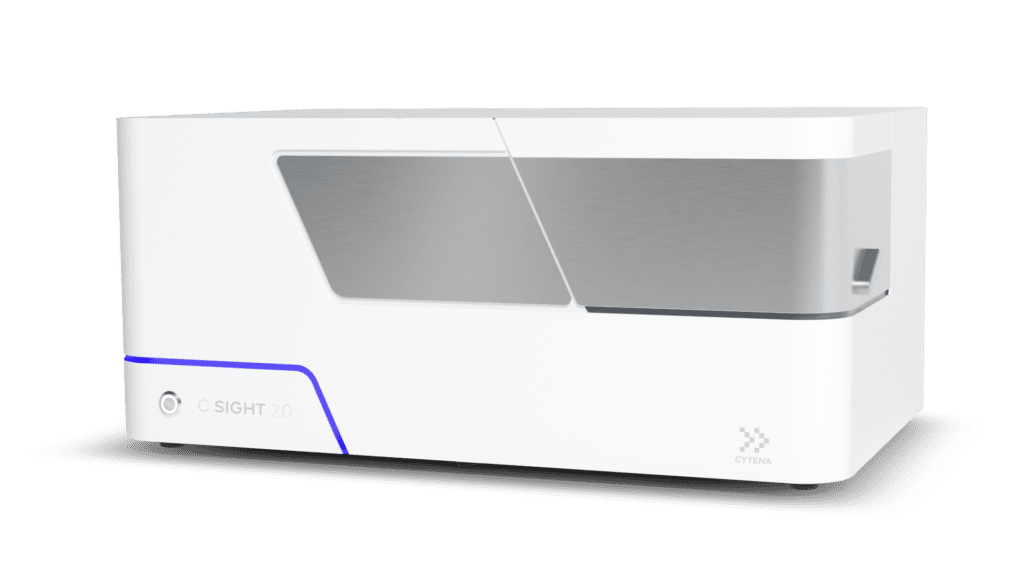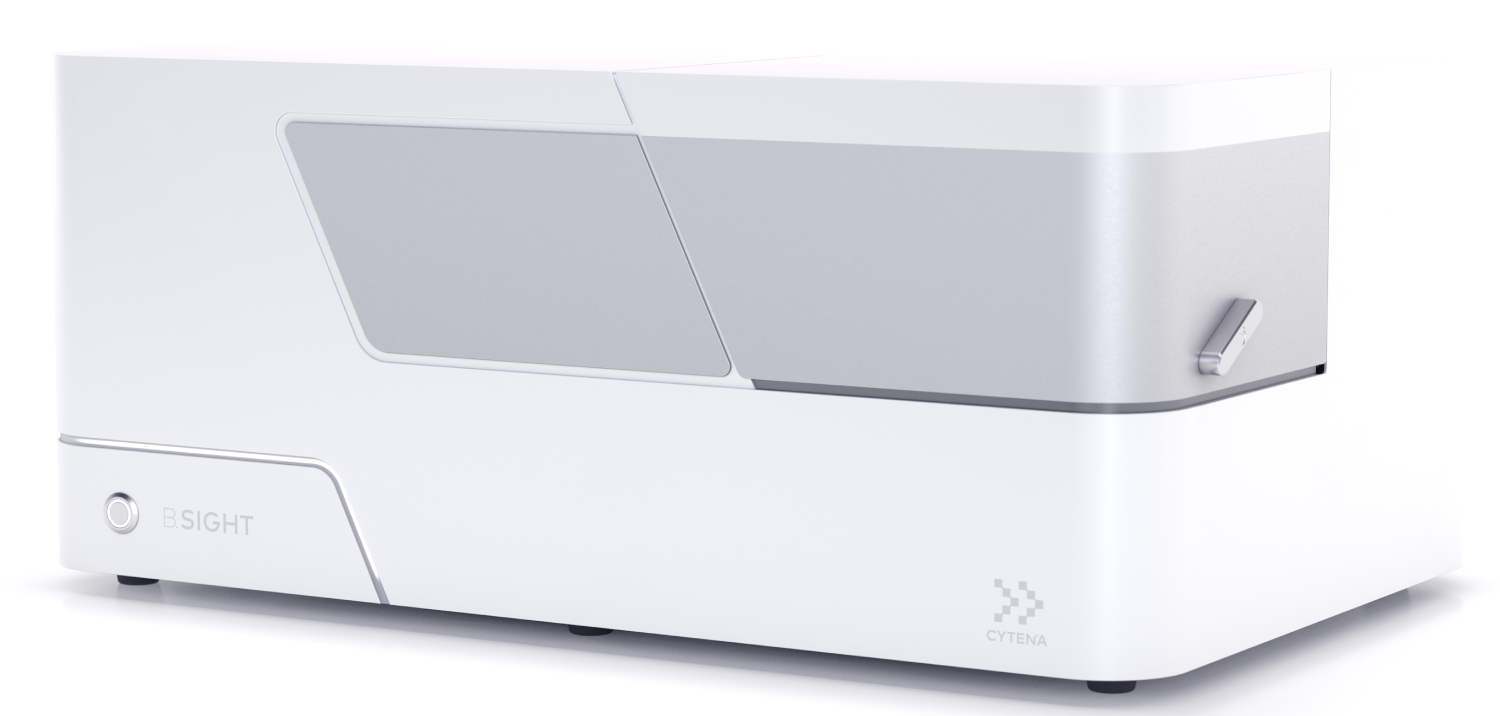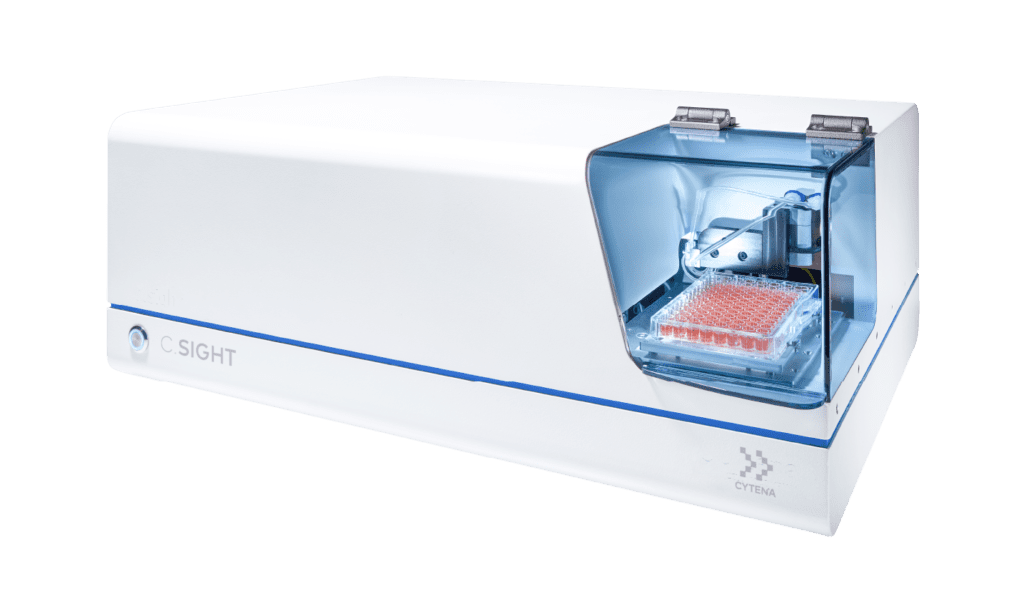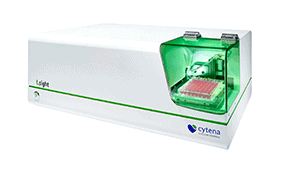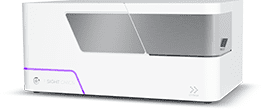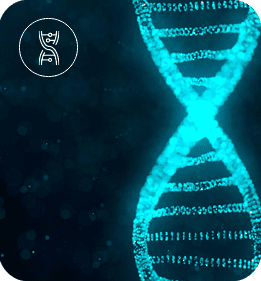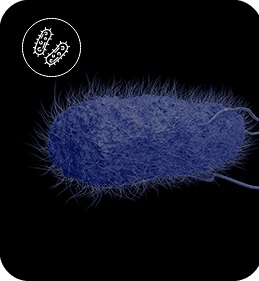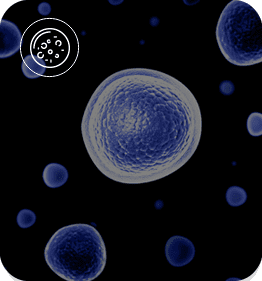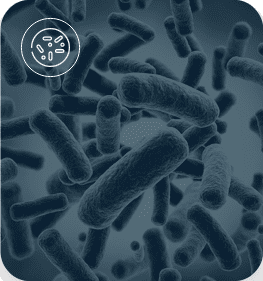- PRODUCTS
-
UP.SIGHT™ 2nd GenNEW
Optimized For Proof Of Monoclonality, Colony Tracking, Confluency, & Titer Measurement -
F.SIGHT™ 2.0
Optimized For Rapid Dispensing of Fluorescent Cells -
C.SIGHT™ 2.0
Optimized for Powerful Dispensing of Unlabeled Cells -
B.SIGHT™
Optimized For Rapid Microbial Single-Cell Isolation and Cultivation -
F.SIGHT™ OMICS
Optimized For Single-Cell-Omics -
F.SIGHT™
Optimized For Affordability And Flexibility -
C.SIGHT™
Optimized for Affordable Cell Line Development -
Compare Products
Decide which one is right for you - Help Me Choose
-
UP.SIGHT™ 2nd GenNEW
- APPLICATIONS
- RESOURCES HUB
- COMPANY
- SHOP
Single Cell Dispensers
Fast, precise, and accurate single cell dispensing and cell sorting is made easy by CYTENA’s award-winning automation-ready benchtop instruments. Our patented microfluidics technology allows gentle isolation of a variety of single cells directly into 96-well or 384-well plates. Dispensing single cells for synthetic biology, cell line development, single cell omics, and rare cell isolation applications is now fast, easy, and user-friendly.
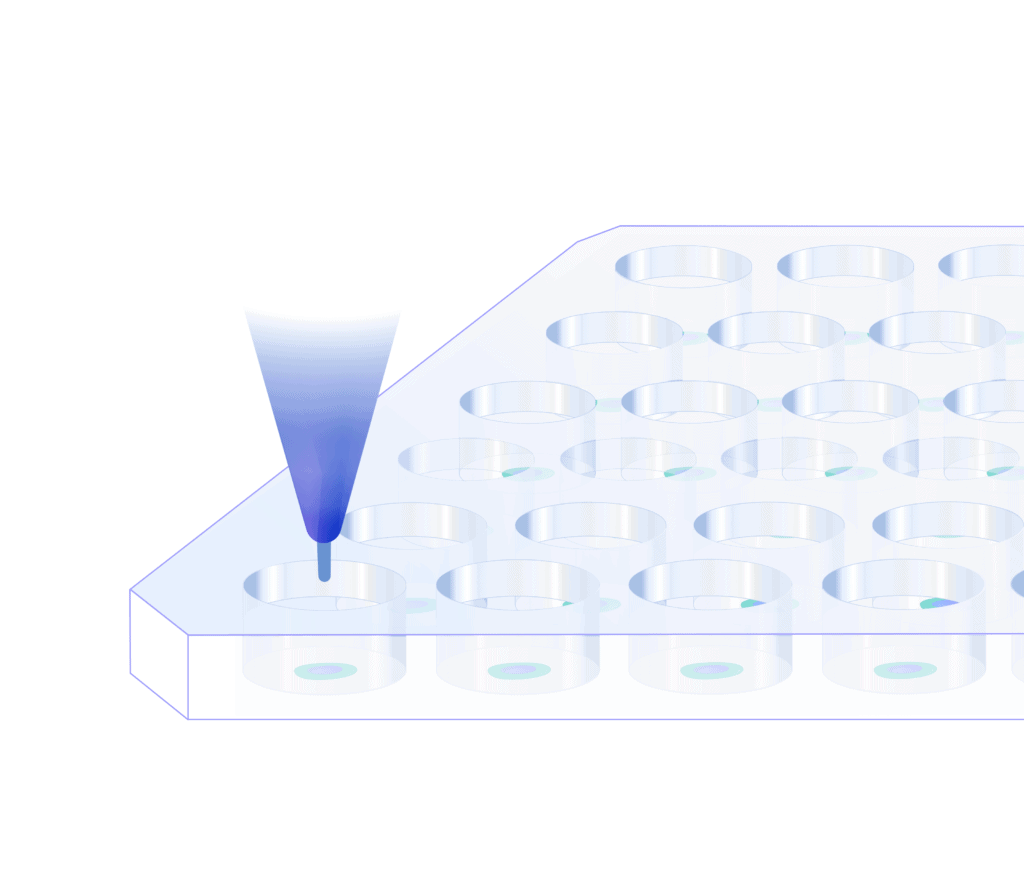
Why Our Single Cell Dispensers?

Proof of monoclonality /
assured monoclonality
Fulfill requirements of regulatory
authorities for monoclonality of
cell lines.

Gentle cell isolation
Keep your cell healthy for highly
efficient cell line development.

Blazing Fast Dispensing
Less than 10 min from start
to finish.

Small footprint/ benchtop
Compatible with biosafety
cabinets and every laboratory.

Effortless operation
Intuitive interactive design and software.

Service and support
Unmatched application support to
technical expertise at
your fingertips.
Who
Is It For?

Biopharmaceutical
Industry

Academic
Institutions

Life Sciences
Startups

Government
Research Facilities

CRO/CDMO

Biopharmaceutical
Industry

Life Sciences
Startups

CRO/CDMO

Academic
Institutions

Government
Research Facilities
Who
Is It For?

Biopharmaceutical
Industry

Life Sciences
Startups

CRO/CDMO

Academic
Institutions

Government
Research Facilities
Best-in-class technology. Industry-leading results.
> 99.999%
Probability of monoclonality
Up to 80%
Clonal recovery rate
> 97%
Single-cell isolation efficiency
~ 2 minutes
Processing time for single-cell dispensing
0.5 µm - 40 µm
Cell size supported
96 and 384
Well plates supported
Featured
Applications

Cell line development
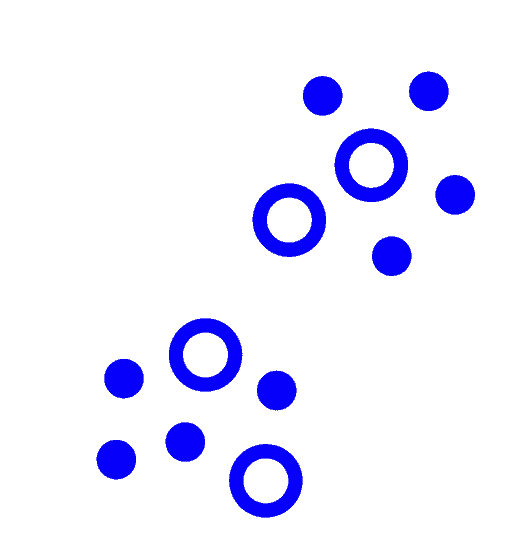
Single cell omics

Synthetic biology

CRISPR / iPSC cloning

mAb development
Product Comparison
Compare our products and choose what you need.
Optimized for
Analysis Software
Assurance
of clonality
All-in-one Imager
and Dispenser
Clone Tracking
during Upscaling
Confluency Analysis
Cell Count
Titer Measurement
End-to-end Automation
Automation / API
Fluorescence Sorting
Mammalian Cell Isolation
Target Application
Use Cases
Supports FDA 21 CFR
Part 11 compliance
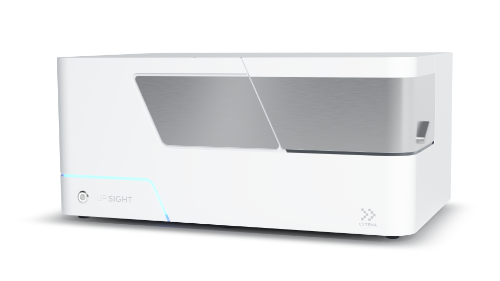 UP.SIGHT 2nd Generation
UP.SIGHT 2nd GenerationDouble assurance of clonality, colony tracking, confluency and titer measurement
2nd Gen C.STUDIO
Double




Yes – with F.QUANT
Yes – with C.STATION



Cell Line Development
Therapeutic antibodies
Viral vectors for gene therapies
Cell therapies
Yes – with 2nd Gen C.STUDIO
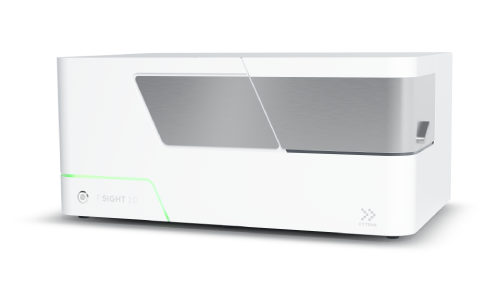 F.SIGHT 2.0
F.SIGHT 2.0Rapid dispensing
of fluorescent and
unlabeled cells
C.STUDIO
Single









Cell Line Development
Therapeutic antibodies
Viral vectors for gene therapies
Cell therapies

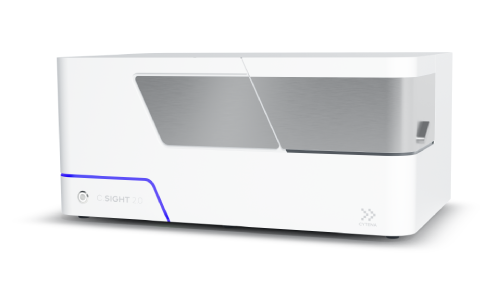 C.SIGHT 2.0
C.SIGHT 2.0Rapid dispensing
of unlabeled cells
C.STUDIO
Single









Cell Line Development
Therapeutic antibodies
Viral vectors for gene therapies
Cell therapies

Optimized for
Assurance
of Clonality
PCR-Plate
Compatibility
Deep Well Plates
Cell Size
Fluorescence Sorting
Mammalian Cell Isolation
Bacteria and Yeast Isolation
Impact Areas
 B.SIGHT
B.SIGHTRapid mircobial single-cell
isolation and cultivation
Single

Yes, half deepwell
0.5 – 20 μm



Identification and cultivation
of mircoorganisms
 F.SIGHT OMICS
F.SIGHT OMICSSingle-cell omics
applications
Single


5 – 40 μm



Miniturization of genomics
and proteomics workflow
Featured Resources
Discover more about our single cell dispensers and what you can do with them.


